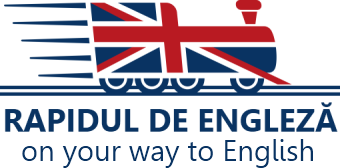How do I form Present Perfect?
(to) have + the 3rd form of the main verb
e.g.: I have just eaten lunch.
e.g.: He has lived here for 10 years.
Note: We need to use the correct conjugation of the auxiliary verb (to) have: have or has, according to the person/number.
When do I use Present Perfect?
We use Present Perfect for:
- recent actions that have an impact on the present situation:
I have just eaten lunch. (So I am not hungry.) - uncompleted actions that should be completed soon:
(The negative form is used in this case.)
He has not finished his homework yet. - changes over time:
She has cut her hair (since the last time I saw her). - actions/situations that started in the past and continue in the present:
He has lived here for 10 years. (He still lives here.) - life experience:
I have been to Japan.
I have seen this movie three times (up to now / so far).
Adverbs & Prepositions
Adverbs and prepositions that are often used with Present Perfect:
- just: I have just eaten lunch.
- already: I have already eaten lunch.
- yet: I have not eaten lunch yet.
- never / ever: I have never been to Canada. / I have not ever been to Canada.
- so far / up to now: I have been to Canada two times so far / up to now.
- recently: I have been to Canada recently.
- for & since: These two prepositions are used for actions/situations that started in the past and continue in the present.
For indicates the period between the starting point and the present: He has lived here for 10 years.
Since indicates the starting point: He has lived here since 2002.
Affirmative / Interrogative / Negative
| Affirmative | Interrogative | Negative | |
|---|---|---|---|
| 1st person, sg. | I have eaten lunch. | Have I eaten lunch? | I have not eaten lunch. |
| 2nd person, sg. | You have heard this song before. | Have you heard this song before? | You have not heard this song before. |
| 3rd person, sg. | He has finished his homework. She has cut her hair. The concert has started. | Has he finished his homework? Has she cut her hair? Has the concert started? | He has not finished his homework. She has not cut her hair. The concert has not started. |
| 1st person, pl. | We have lived here for two years. | Have we lived here for two years? | We have not lived here for two years. |
| 2nd person, pl. | You have been to Italy two times. | Have you been to Italy? | You have not been to Italy. |
| 3rd person, pl. | They have grown a lot. | Have they grown a lot? | They have not grown a lot. |
Listen to the audio tutorial in this lesson to find out how we use contractions with the Present Perfect tense.
